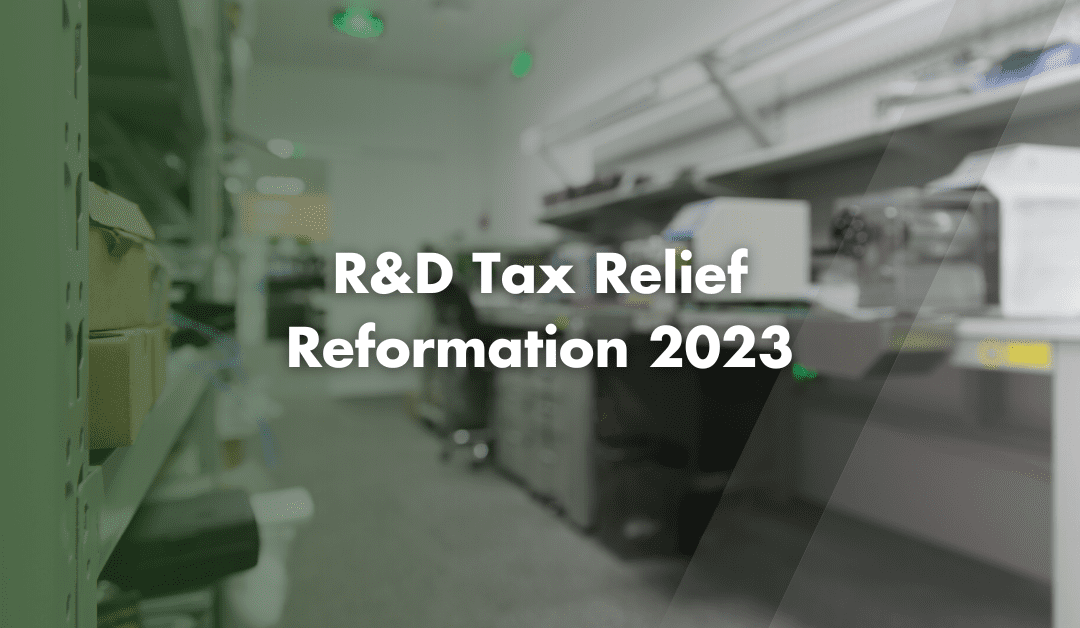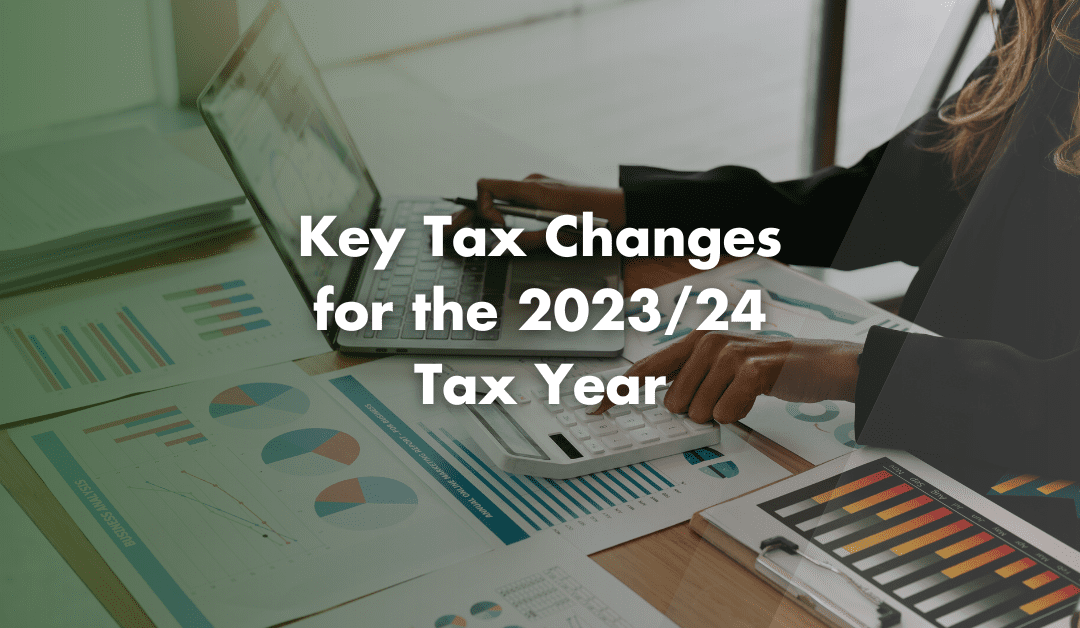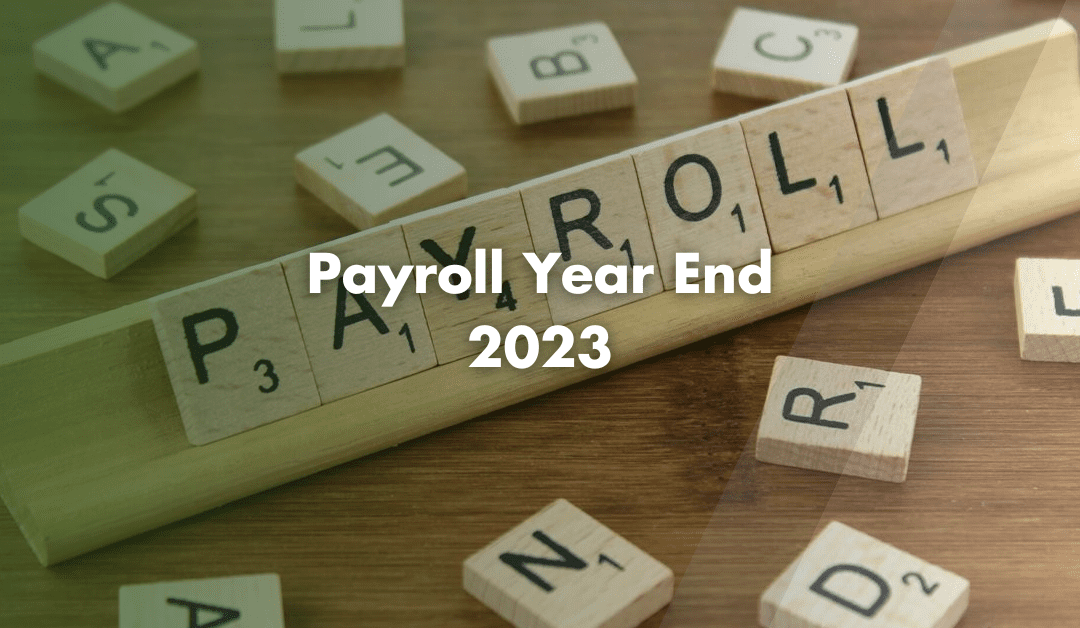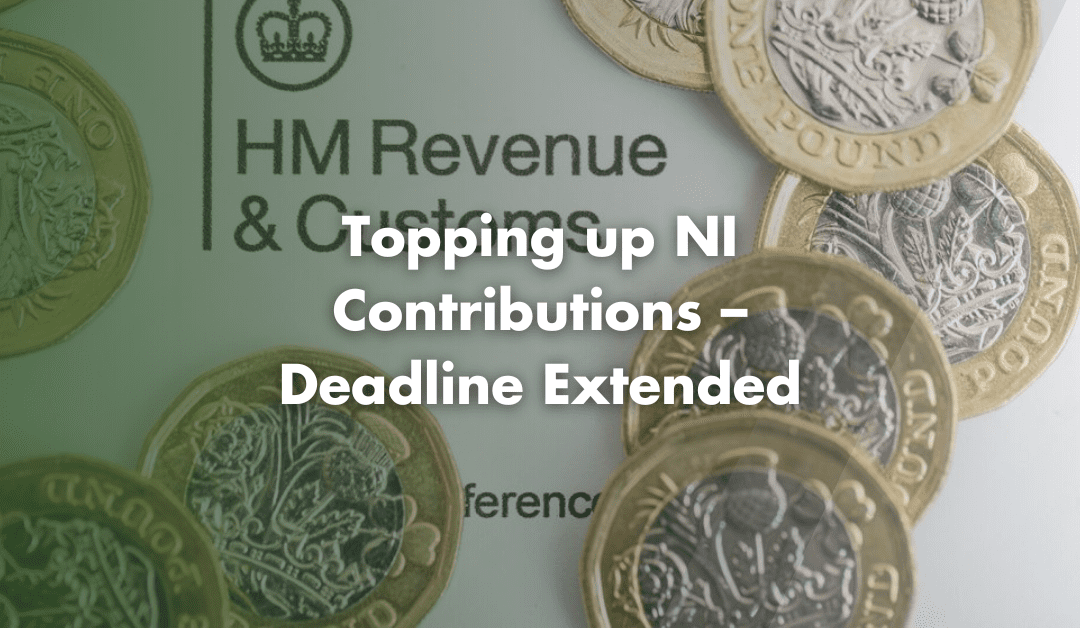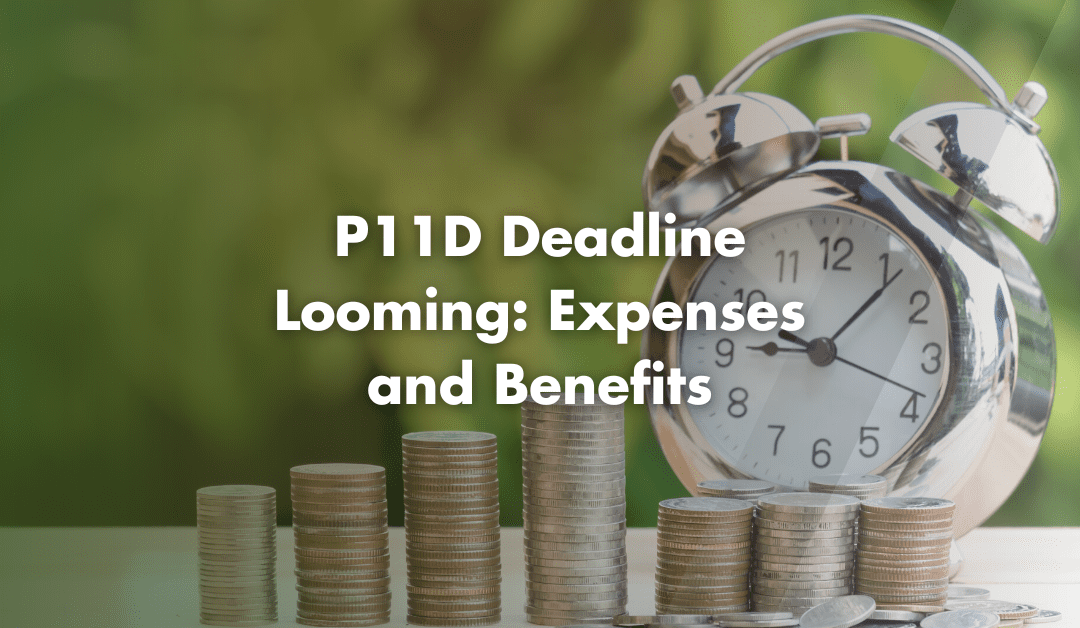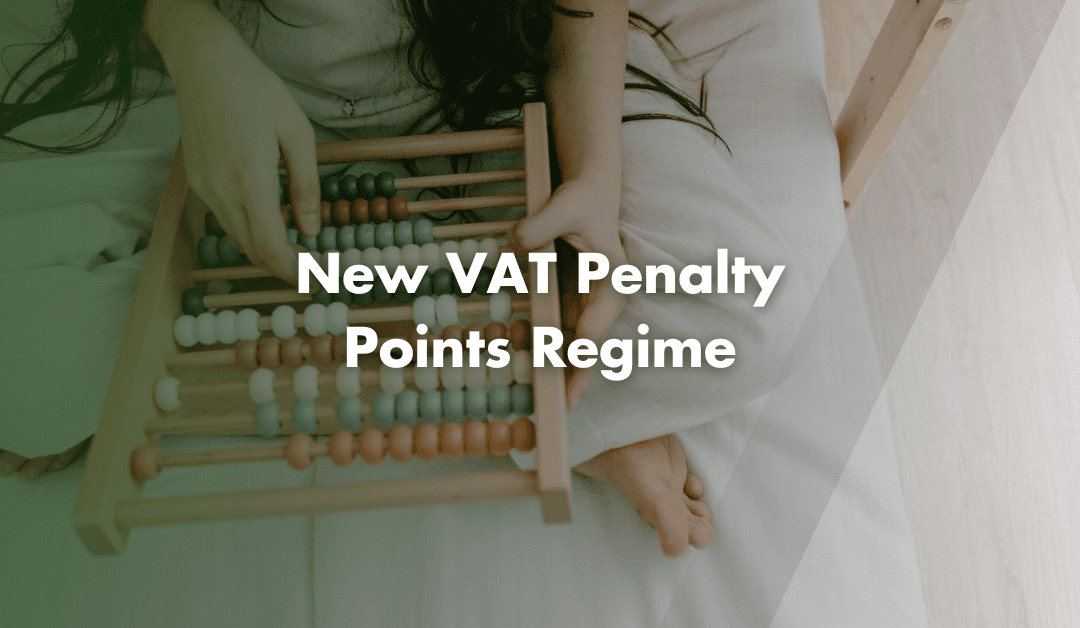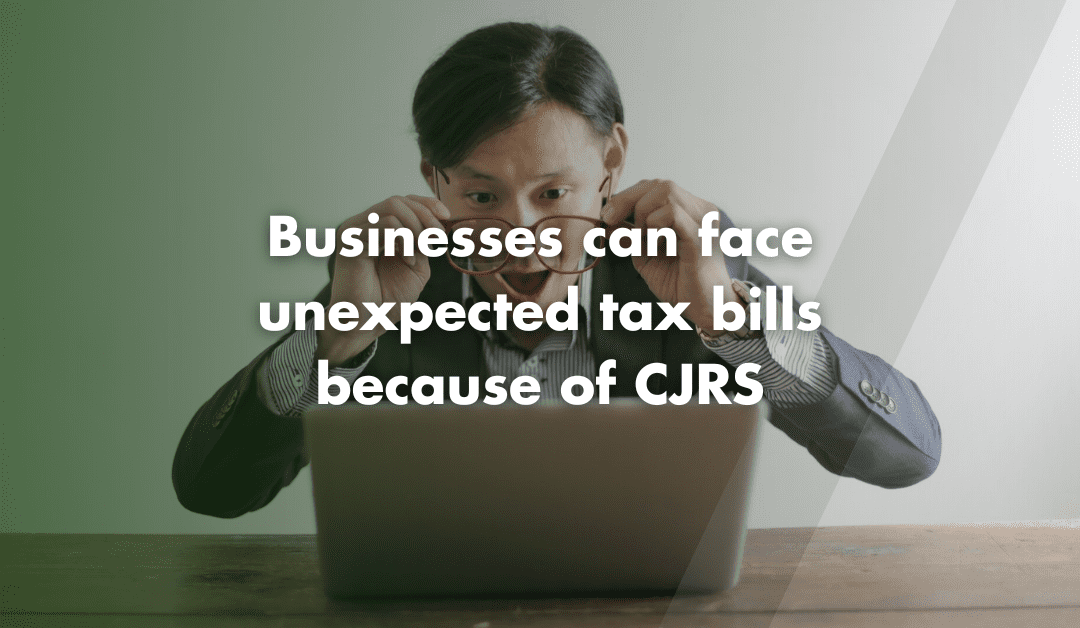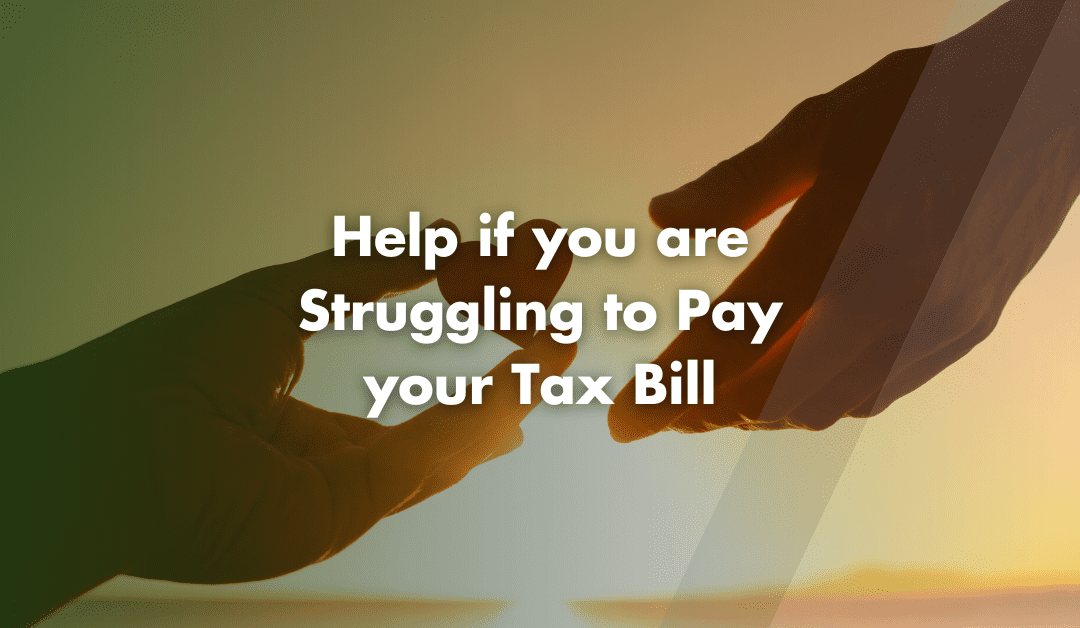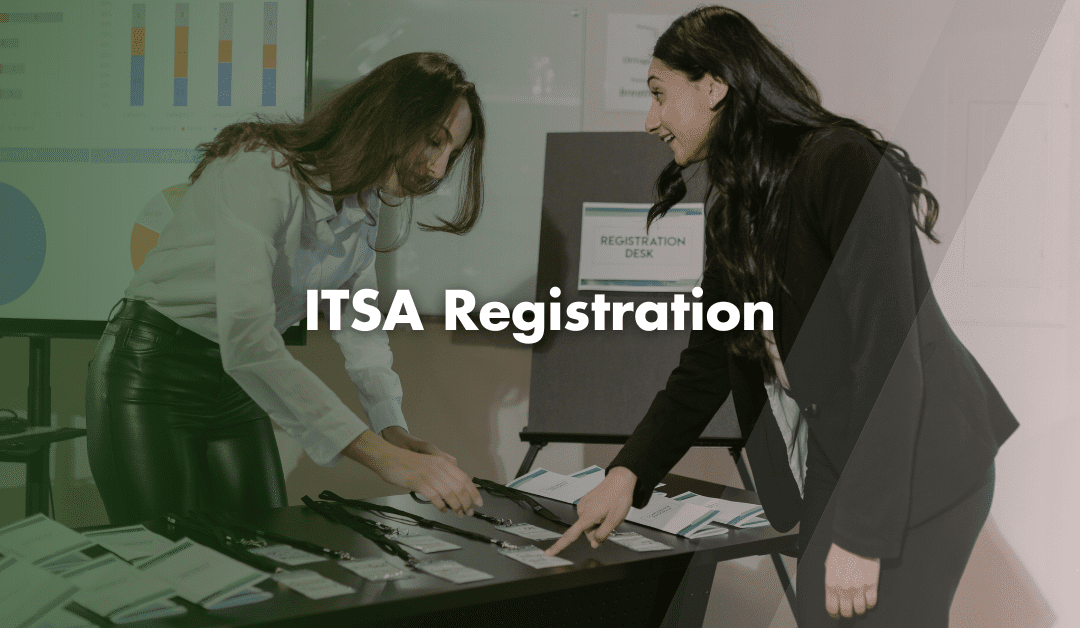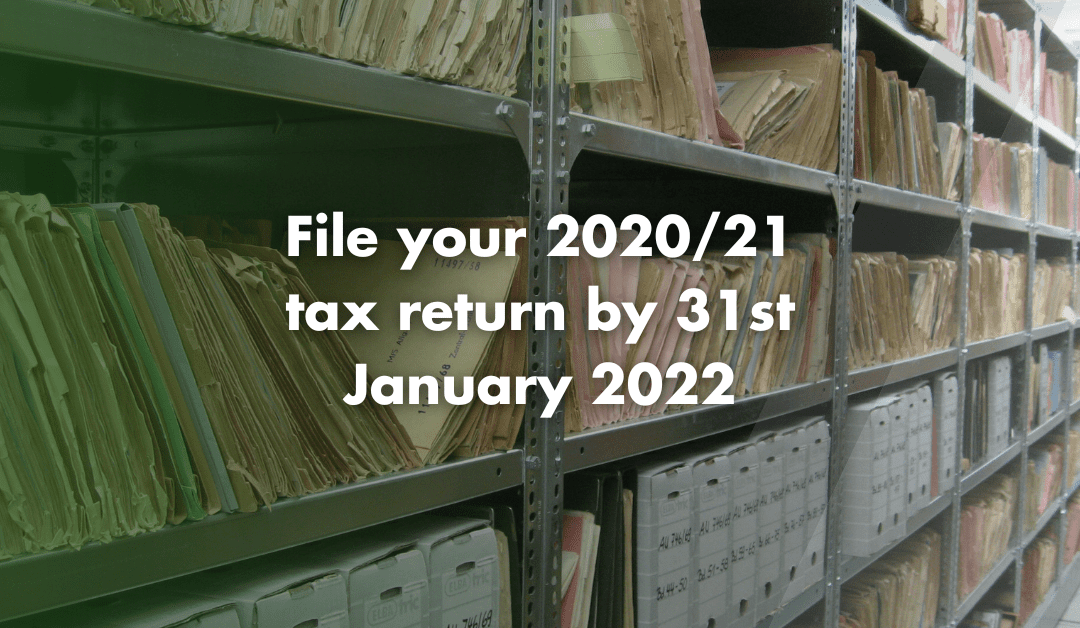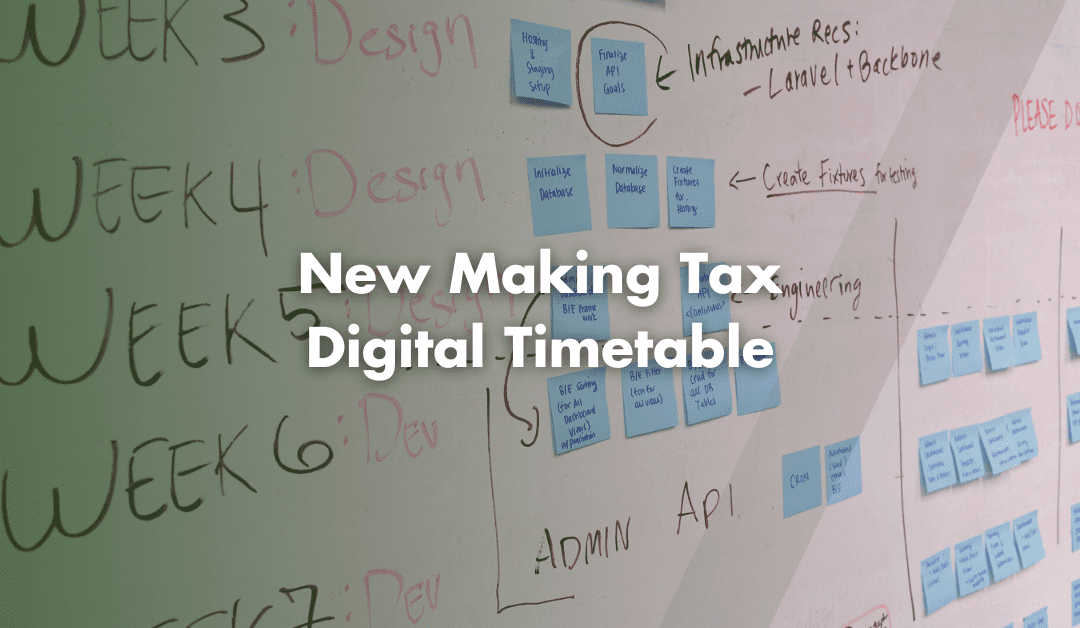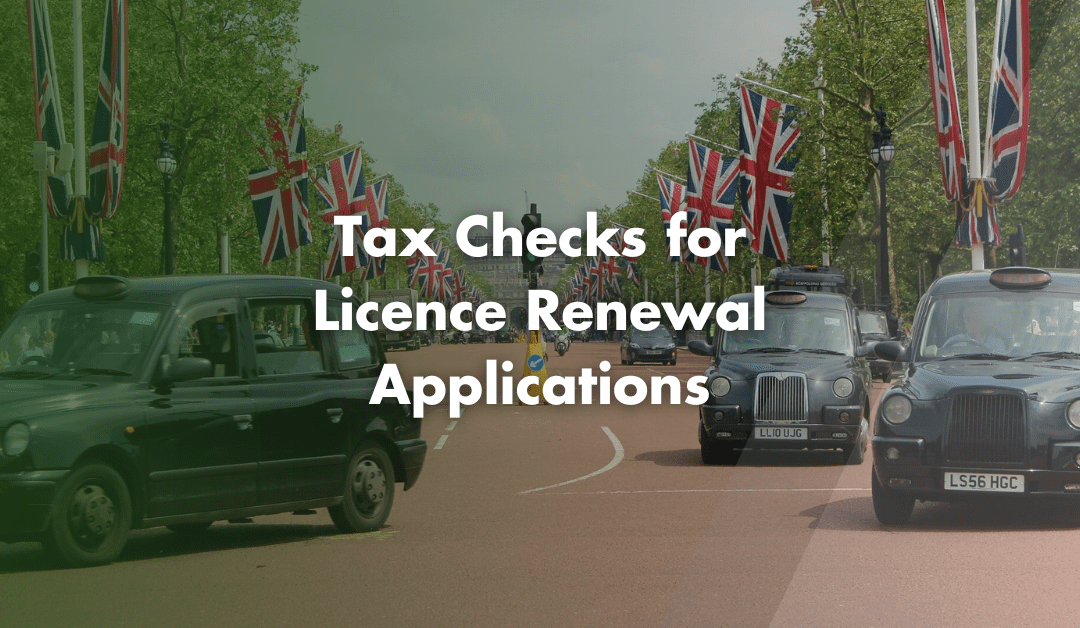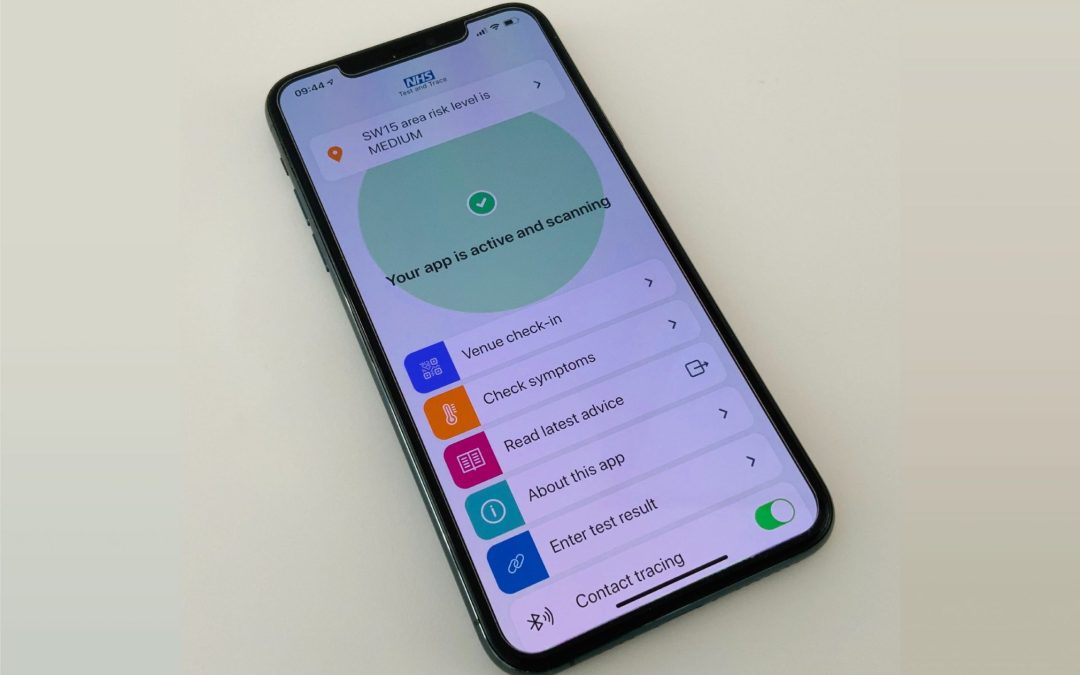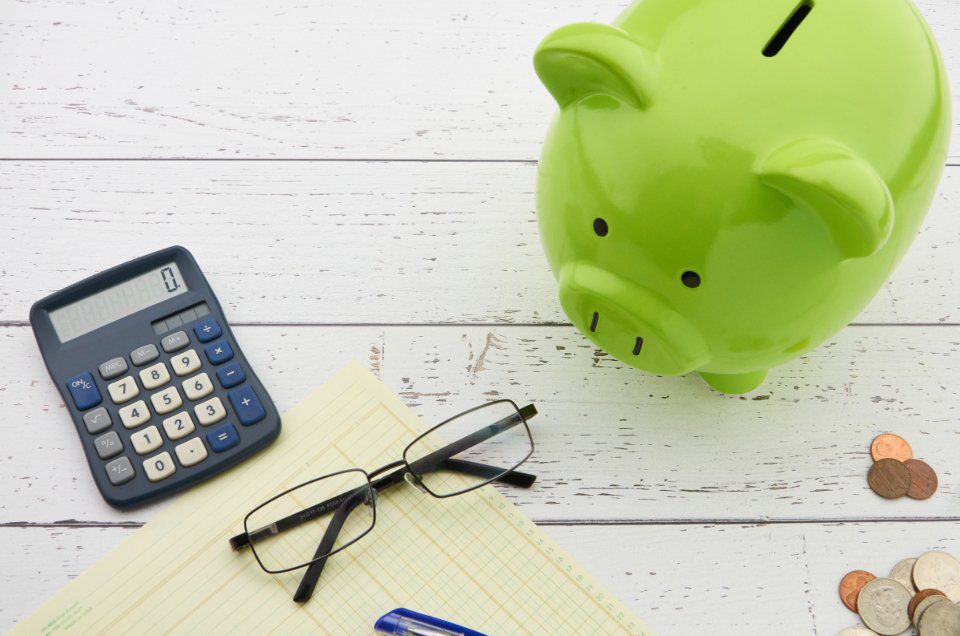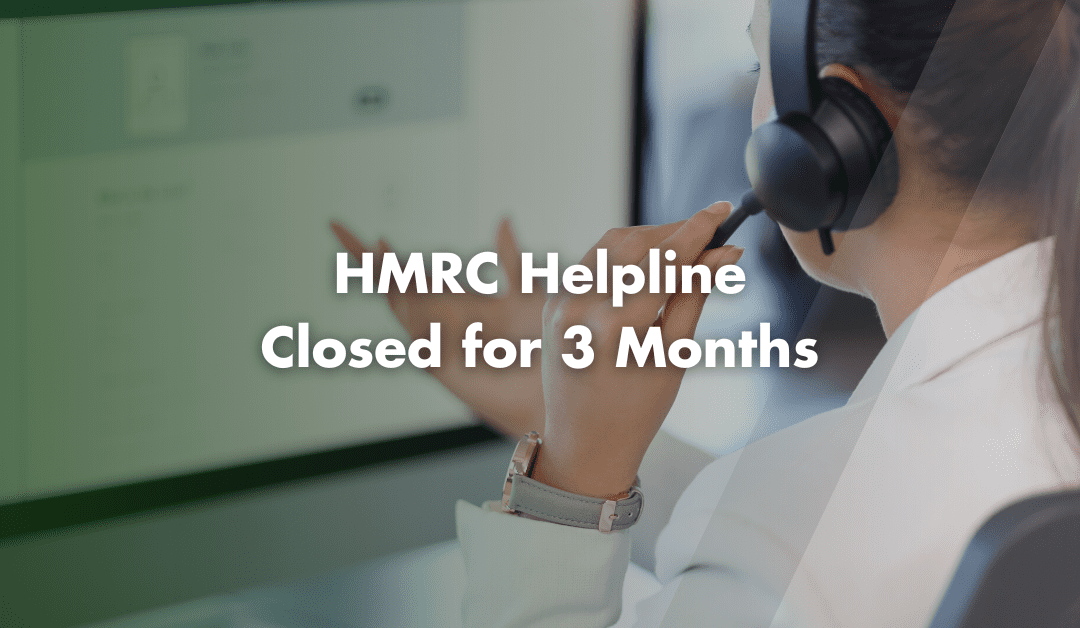
by Pi Accountancy | Jun 10, 2023 | HMRC
HMRC Helpline Closed for 3 months On 8th June 2023, HM Revenue & Customs (HMRC) announced the temporary closure of their Self-Assessment helpline for three months. This closure is part of their ongoing efforts to improve customer service and streamline operations....

by Pi Accountancy | Apr 25, 2023 | Corporation Tax, HMRC, Taxes
R&D Tax Relief Reformation 2023 Research and Development (R&D) Tax Relief is set to undergo Reformation in 2023, following the review of R&D tax reliefs launched at Budget 2021. The government announced changes to the reliefs at Autumn Statement 2021 to...

by Pi Accountancy | Apr 6, 2023 | Business, Director, HMRC, Self-Employed, Taxes
Happy New Tax Year! As of today, the new UK tax year has officially started. It’s time to get your finances in order, review your tax code and start planning for the year ahead. Whether you’re self-employed, employed or a business owner, this is the...

by Pi Accountancy | Mar 21, 2023 | Business, Corporation Tax, Director, HMRC, MTD, Self-Employed, Taxes, VAT
Key Tax Changes for the 2023/24 Tax Year We’re here to inform you about the Key Tax Changes for the 2023/24 Tax year and how these changes will affect companies, as well as sole traders. National Insurance The introduction of the new “Health and Social...

by Pi Accountancy | Mar 16, 2023 | Business, Director, HMRC, PAYE, Payroll and Employment, Taxes
The Payroll Year will End on the 5th of April 2023 This year’s Payroll Year will end on the 5h of April 2023 and we’re here to help you get prepared for the next Payroll Year, with the dates you need to be aware of and tips to help you get ready. The Dates...

by Pi Accountancy | Mar 14, 2023 | HMRC, Taxes
Topping up NI Contributions – Deadline Extended The Government have announced that taxpayers will have until the 31st of July 2023 to make Class 3 voluntary National Insurance (NI) contributions going back to April 2006. This will help them plug gaps in their...

by Pi Accountancy | Mar 13, 2023 | Company Car, HMRC
Expenses and benefits: P11D deadline looming To stay on the right side of HMRC’s expenses and benefits legislation, P11Ds need to be filed by 6th July. Here we take a look at the P11D form; what’s included, what’s exempt and what the penalties are for filing late...

by Pi Accountancy | Mar 9, 2023 | Business, HMRC, Payroll and Employment
Subsistence Per HMRC – EIM30240 Employers are allowed to reimburse qualifying employee expenses at benchmark rates specified in the Income Tax (Approved Expenses) Regulations, without need approval from HM Revenue & Customs (HMRC). This exemption is...

by Pi Accountancy | Jan 31, 2023 | HMRC, Taxes, VAT
A new VAT penalties regime was brought in this from January 2023, and any firms or individuals missing their filing deadline from January 2023 onwards will receive penalty points even if there is no VAT due to be paid. While this may sound more less effective than...

by Pi Accountancy | Apr 29, 2022 | Business, HMRC, MTD, VAT
Anyone filing VAT returns from April 1, 2022 onwards now has to file their return digitally as HMRC’s Making Tax Digital reaches its next phase. All businesses registered for VAT – even if they have turnover below the threshold – must file their returns this way from...

by Pi Accountancy | Feb 18, 2022 | Business, Corporation Tax, COVID-19, HMRC, Taxes
Have you set money aside to deal with tax on support grants? HMRC has highlighted that all money paid for test and trace or self-isolation payments in England, Scotland or Wales are taxable, as are Coronavirus Statutory Sick Pay Rebates. The Coronavirus Business...

by Pi Accountancy | Jan 10, 2022 | HMRC, Self Assessment, Self-Employed, Taxes, VAT
Financially, 2021 has been a difficult year for many, and you may be struggling to pay your January tax bill in full. Any tax and National Insurance that remains unpaid for 2020/21 must be paid by 31 January 2022, along with the first payment on account for 2021/22....

by Pi Accountancy | Jan 5, 2022 | HMRC, Self Assessment, Self-Employed
HMRC have published a call for evidence on the case for reforming the rules for registering for Income Tax Self Assessment (ITSA). The call for evidence is interested in hearing views on whether it would be beneficial to bring forward the deadline by which landlords...

by Pi Accountancy | Dec 31, 2021 | COVID-19, HMRC, SEISS, Self Assessment, Self-Employed, Taxes
If you need to file a self-assessment tax return for the year to 5 April 2021, you have until midnight on 31 January 2022 to file your return if you have not already done so. You must also pay any tax that you owe for 2020/21 by the same date. Do I need to file a...

by Pi Accountancy | Dec 15, 2021 | Business, Corporation Tax, HMRC, MTD, Self-Employed, Taxes, VAT
Making Tax Digital (MTD) is a Government initiative that aims to provide the UK with one of the most digitally advanced tax administrations in the world. Under MTD, taxpayers are required to keep electronic records and report to HMRC digitally. The new MTD timetable...

by Pi Accountancy | Nov 14, 2021 | HMRC
From 4 April 2022, applicants applying to renew certain licences will need to pass a tax check before their licence applications can be considered. Initially, the requirement will only apply in England and Wales. However, the Government have consulted on extending the...

by Pi Accountancy | Oct 1, 2021 | COVID-19, HMRC, PAYE, Payroll and Employment, Taxes
The Coronavirus Job Retention Scheme (CJRS) came to an end on 30 September 2021. The scheme has provided financial help to employers and employees during the COVID-19 pandemic, allowing employers to claim grants with which to pay furloughed and flexibly furloughed...

by Pi Accountancy | Sep 30, 2021 | Director, HMRC, Self Assessment, Taxes
As part of the Government’s funding strategy for health and social care, the dividend tax rates are to be increased from April 2022, alongside the temporary increases in National Insurance, and, from April 2023, the introduction of the Health and Social Care Levy. The...

by Pi Accountancy | Sep 15, 2021 | COVID-19, Director, HMRC, Job Support Scheme, PAYE, Payroll and Employment, Taxes
The recent ‘pingdemic’ has resulted in large numbers of employees self-isolating. Where an employee meets the qualifying conditions, you must pay them SSP while they are self-isolating. As qualifying periods of self-isolation count as a Coronavirus-absence, if you are...

by Pi Accountancy | Aug 31, 2021 | Director, HMRC, Self-Employed, Taxes
Unique Taxpayers Reference A UTR is your Unique Taxpayers Reference Number, is what identifies you personally with HMRC. It’s 10 digits in length and is quoted on any correspondence you receive from HMRC, including: Your tax return A Welcome to Self-Assessment letter...

by Pi Accountancy | Jul 9, 2021 | HMRC, PAYE, Self Assessment, Taxes, VAT
From 15 June 2021, all businesses and organisations will need multi-factor authentication in order to sign into the Government Gateway. Multi-factor authentication Businesses and organisations that use HMRC’s online services and which do not currently receive an...

by Pi Accountancy | Jul 2, 2021 | HMRC, Self Assessment, Self-Employed, Taxes
If you are self-employed, you will pay Class 2 and Class 4 National Insurance contributions if your profits exceed the relevant thresholds. Class 2 National Insurance contributions are the mechanism by which you build up qualifying years to earn entitlement to the...

by Pi Accountancy | Jul 2, 2021 | COVID-19, HMRC, SEISS, Self Assessment, Self-Employed, Taxes
As the Coronavirus Job Retention Scheme (CJRS) enters its final months, now is the time to review grants that you have claimed under the scheme, and pay back any amounts claimed in error. You may also choose to repay voluntarily funding that you have received under...

by Pi Accountancy | Jul 2, 2021 | COVID-19, HMRC, Job Support Scheme, SEISS, Self Assessment, Self-Employed
Claims for the fifth grant under the Self-Employment Income Support Scheme (SEISS) will open from late July. If, based on your tax returns, HMRC think that you are eligible for the grant, they will contact you in mid-July and give you a date from which you can submit...


